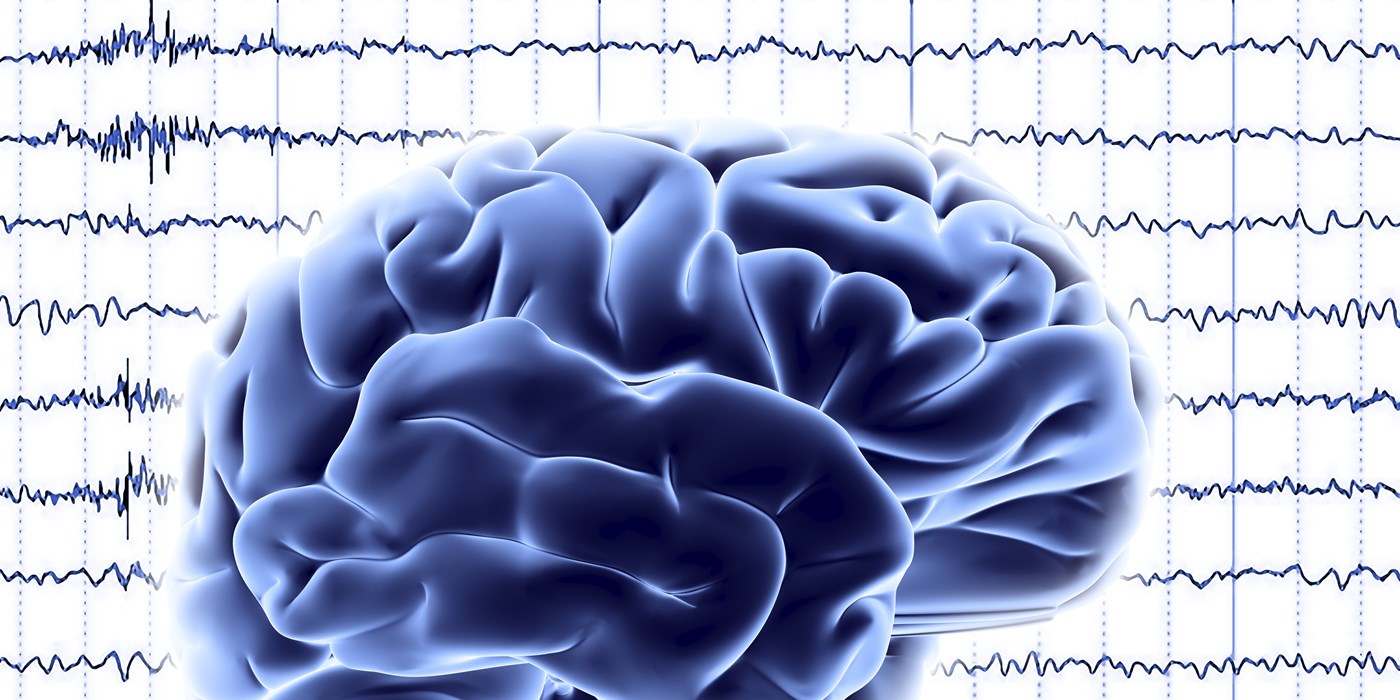Variability of Neural Correlates of Mind-Wandering Found in Various Tasks, Study Reveals

The date is December 25, 2023.
A feature article which has undergone the Science X's editorial process for verifying credible information has been reviewed. The editors have highlighted the following aspects for ensuring credibility:
- Fact-checked
- Peer-reviewed publication
- Trusted source
- Proofread
The article has been written by Ingrid Fadelli for Medical Xpress.
People are often played with off-task thinking or mind-wandering when performing a task. The shifting of our attention to our own internal thoughts from the task we are performing is well-studied and commonly observed.
The question of whether mind-wandering is an adaptive and beneficial process or a distracting and undesirable process has yet to be answered definitively in research. At times, this shifting of attention may divert us from a crucial task or it may direct our focus towards an equally or more significant concern.
Mind-wandering could either be distracting or pertain to the individual’s personal goals. Some researchers in psychology suggest that intentional mind-wandering is more beneficial because it involves the deliberate control of attention, whereas spontaneous mind-wandering is detrimental as it implies a lack of control over one's attention.
A study by Haverford College attempted to illuminate the deliberate control of mind-wandering. The results of the study, published in 'Cognitive, Affective, & Behavioral Neuroscience', suggest that mind-wandering is sensitive to the context of different tasks.
A number of experiments were conducted involving 59 undergraduate students to examine how mind-wandering varies across different attention-demanding tasks. Participants performed two distinct cognitive tasks: the sustained attention to response task (SART) and the Stroop selective attention task.
While SART tests the ability to adhere to task instructions for a lengthy period, the Stroop test evaluates selective attention-- the ability to focus on one aspect of an input. EEGs were used to measure the brain's electrical activity as participants completed these tasks.
According to the researchers, more self-reported episodes of mind-wandering were observed during the SART than the Stroop, and during whichever task was performed second.
Following the conclusion of the study, only 37 out of the 59 participants produced usable EEG data. The results showed that EEG data indicated increased alpha oscillations during episodes of mind-wandering, contradicting the perceptual decoupling theory.
The data collected by this research team confirms that mind-wandering is associated with an increase in alpha oscillations, which was also reported in previous works. In contrast with theoretical predictions, however, it found that mind-wandering was also linked to an increase in so-called P2 amplitudes while completing the Stroop task, which suggests that executive function was heightened.
Collectively, these results suggest that the neural underpinnings of mind-wandering can vary depending on the task that a person is completing. This could be further explored and validated in future studies with larger experimental samples and employing different imaging tools.
'Overall, the study found that self-report and neural correlates of mind-wandering are sensitive to task context,' the researchers added. 'This line of research can further the understanding of how mechanisms of mind-wandering are adapted to varied tasks and situations.'
© 2023 Science X Network




